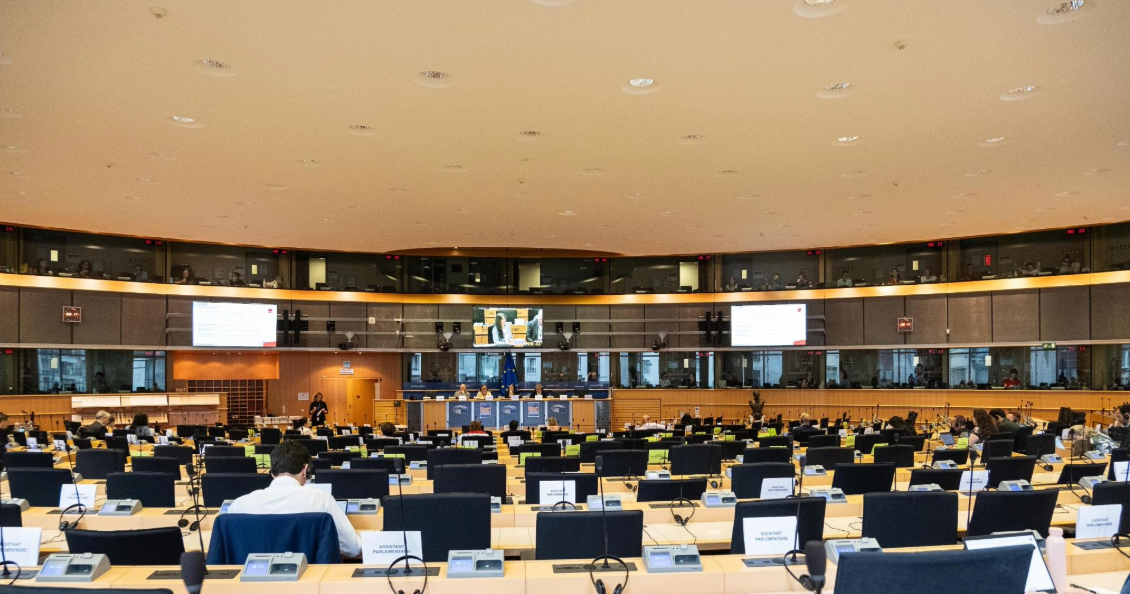UNI Global Union affiliates representing food-retail workers around the world are fighting back as they refuse to accept the low pay and poor working conditions of pre-pandemic times.
More than 90 representatives from unions in 30 countries met online for a UNI Commerce hypermarket meeting on 20 October to hear how affiliates across the globe have been able to make gains for their members in the face of hostile employers.
“Coming out of the pandemic doesn’t mean we should go back to square one. We need to improve the living conditions of workers and in particular frontline workers in retail who have been keeping people fed. It’s a fight that requires all of our strength,” said UNI President, Ruben Cortina.
Essential food-retail workers continue to put their lives on the line as they serve the public with vital needs, but many are now feeling forgotten, said UNI’s Head of Commerce Mathias Bolton. “Supermarkets have taken advantage of the pandemic to make cuts or changes to the detriment of workers, leading to what’s been described as a Covid-19 restructuring pandemic within our industry.”
During the meeting, unions showed how workers are no longer prepared to put up with conditions of the past.
“More than 70,000 of our members have taken part in strikes this year,” said Orhan Akman from German union ver.di adding that it has also gained 10,000 new members. The union has successfully renewed sector-level agreements to make gains for essential workers.
Melchor Burga, General Secretary of el Sinathit union in Peru explained how his union had to renegotiate their collective agreement with hypermarket chain, Tottus, during the height of the pandemic:
“Negotiations were very hard. All dialogue had broken down. But it was thanks to the efforts of the workers that we were able to reach a successful agreement with the company. We put pressure on the company to get them to come to the negotiating table.”
Kenta Ando from Japanese union, UA Zensen, also explained how his union had launched public and political campaigns to stop violence and harassment of retail workers which has increased during the pandemic.
Emelia Maphakela from Saccawu in South Africa spoke about their struggle with Massmart hypermarkets in South Africa, a subsidiary of Walmart, drawing attention to the global UNI solidarity campaign.
Finally, UNI General Secretary, Christy Hoffman spoke about the importance of due diligence processes in safeguarding workers’ rights in multinational companies.
“Unions can be the eyes and ears on the ground in assessing and identifying risk,” she said. “Unions also have a great opportunity to work with companies to fix those risks.”
The meeting, which was supported by German foundation, FES, also heard presentations from SDA in Australia, ACV-Puls in Belgium, FNV in the Netherlands and UFCW from the USA and Canada.


